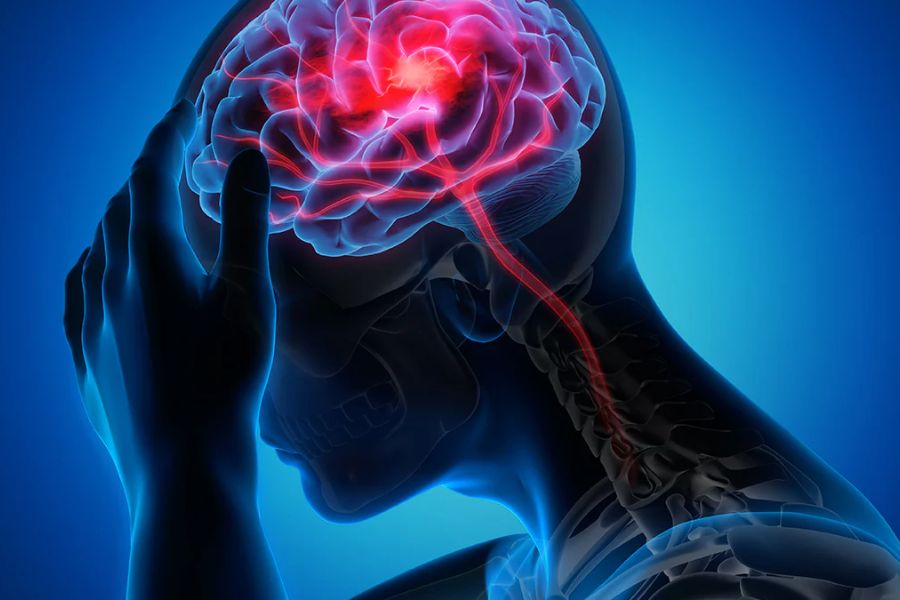For optimal health, it's crucial that every cell in our body receive enough blood flow, as this is how oxygen reaches the cells. An interruption in the blood flow to the brain, whether from a blockage or a rupture, significantly increases the risk of stroke. This causes brain cells to cease functioning, potentially resulting in severe consequences, including death. Furthermore, when nerve cells in the brain malfunction, it can affect the functioning of other organs in the body.
As lifestyles change, the incidence of diseases like stroke and heart attacks is rising. While older adults, especially those over 60 years, are at greater risk, younger people, including children, are also affected. Fortunately, medical services have significantly improved in response.
In a recent interview with Anandabazar Online, Dr. Manoj Kumar Mahata, a senior consultant in interventional neurology at Apollo Multispecialty Hospitals, Kolkata, highlighted that there are primarily two types of strokes: ischaemic and hemorrhagic. Nearly 80% of the strokes are ischaemic in nature.
How do I identify an ischaemic stroke?
Swift medical intervention after a stroke is vital. Key warning signs include sudden facial drooping, difficulty speaking, and weakness in the arms or legs. Additionally, mini-strokes can occur, where symptoms may briefly disappear but still necessitate thorough medical evaluation.
How to prevent stroke through lifestyle changes?
Dr. Mahata points out that basic lifestyle modifications can significantly help in managing stroke risk. Avoiding excessive smoking, alcohol consumption and stress can lead to a reduced likelihood of developing stroke-related conditions. Identifying the symptoms and acting quickly, combined with healthy lifestyle choices, can play a vital role in preventing and managing strokes.
For any health-related queries, contact Apollo Hospitals Kolkata at:
Emergency No. 1066
Helpline No.: 03344202122
Email ID: infokolkata@apollohospitals.com
This article has been produced on behalf of Apollo Multispeciality Hospitals Kolkata by ABP Digital Brand Studio.











